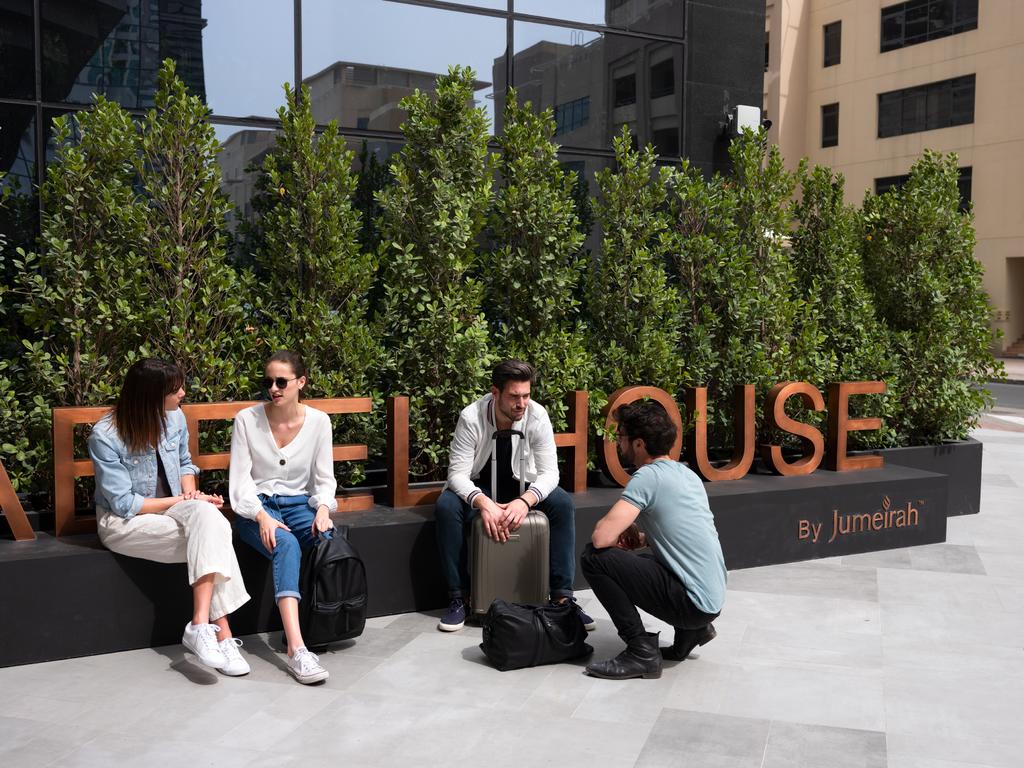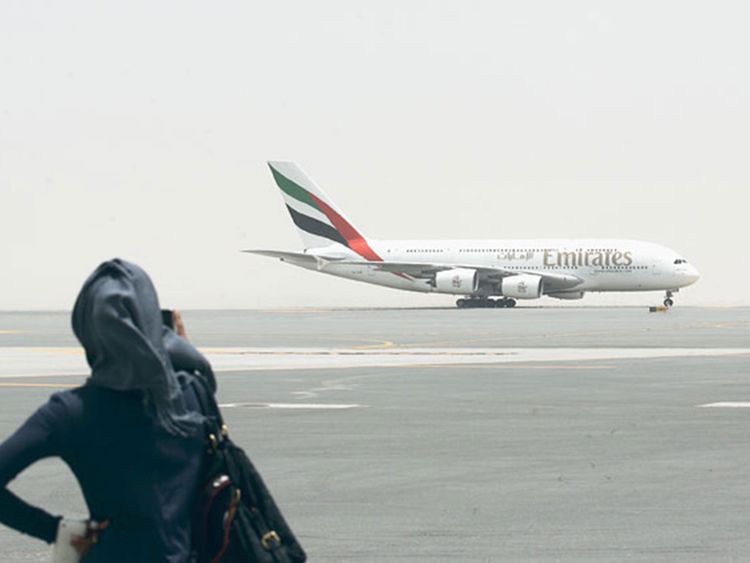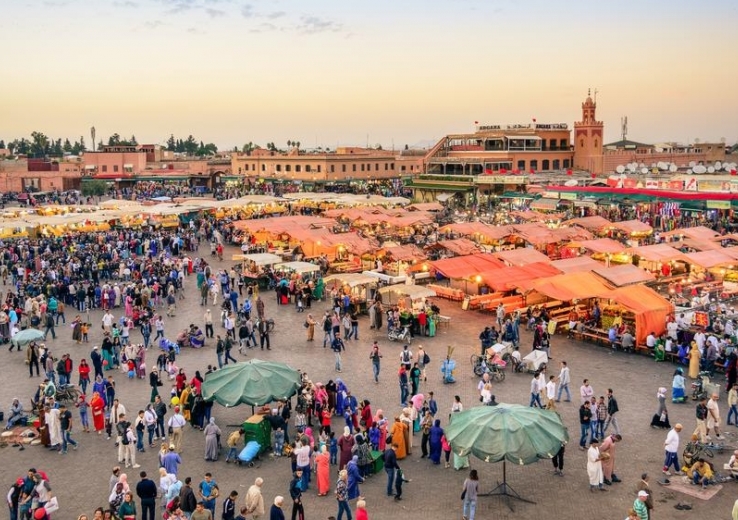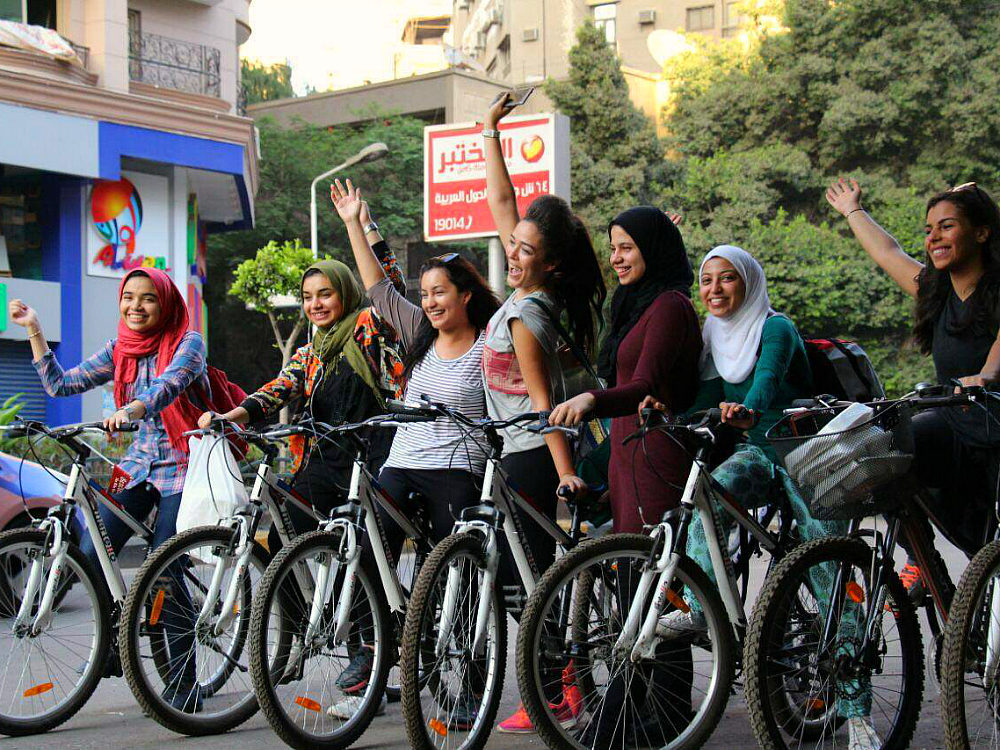When Zabeel House by Jumeirah – The Greens general manager Luke James reopened the trendy hotel after implementing the obligatory new COVID-19 measures, he got to thinking about how the establishment billed as the “ultimate social hub” could support community members hard-hit by the virus’ fallout.
“Since we’ve reopened and welcomed back our regular guests, we’ve heard of several people going through quite a tough time given all the challenges of the last few months – we’re all one community and it’s only natural to help each other,” the general manager said.
James decided to reach out through a local Facebook group and offer eight free, week-long stays at the boutique sanctuary located in Tecom.
“Maybe, the main bread winner has lost their job or taken on a big salary cut – there are so many challenges people are facing.”
“The only charge would be the mandatory Dh15 tourism charge per night for each room and through this, we’re hoping to alleviate some of the immediate concerns they may be facing.”
The free-night offer quickly went viral, prompting some other local businesses to jump on board. James hopes they will not be the only ones and that Zabeel House’s generosity will inspire other UAE hoteliers and businesses.
“We’re hoping it will spur other hotels in a similar position to offer the same, ultimately giving back to the community in a time of need, we literally are stronger together,” James said. “We’ve already had partners like Coffee Planet, African & Eastern, Opaala and our sister hotel Jumeirah Zabeel Saray come on board to add value to our initial offer.
“It’s great to see the knock-on effect and we really hope it continues.”
Zabeel House is part of a complex that includes dining options and gym, pool, and spa facilities that are all aimed at creating a friendly space not just for guests, but also for residents of the suburb sandwiched between old and new Dubai.
Read also: Dubai Fitness Fanatics Organize Burpee World Record Event for Charity






